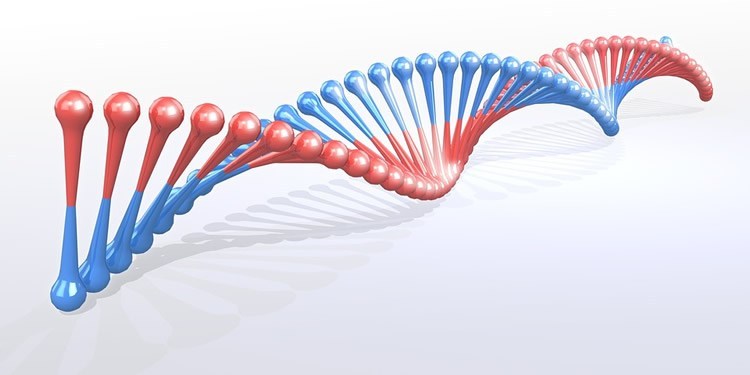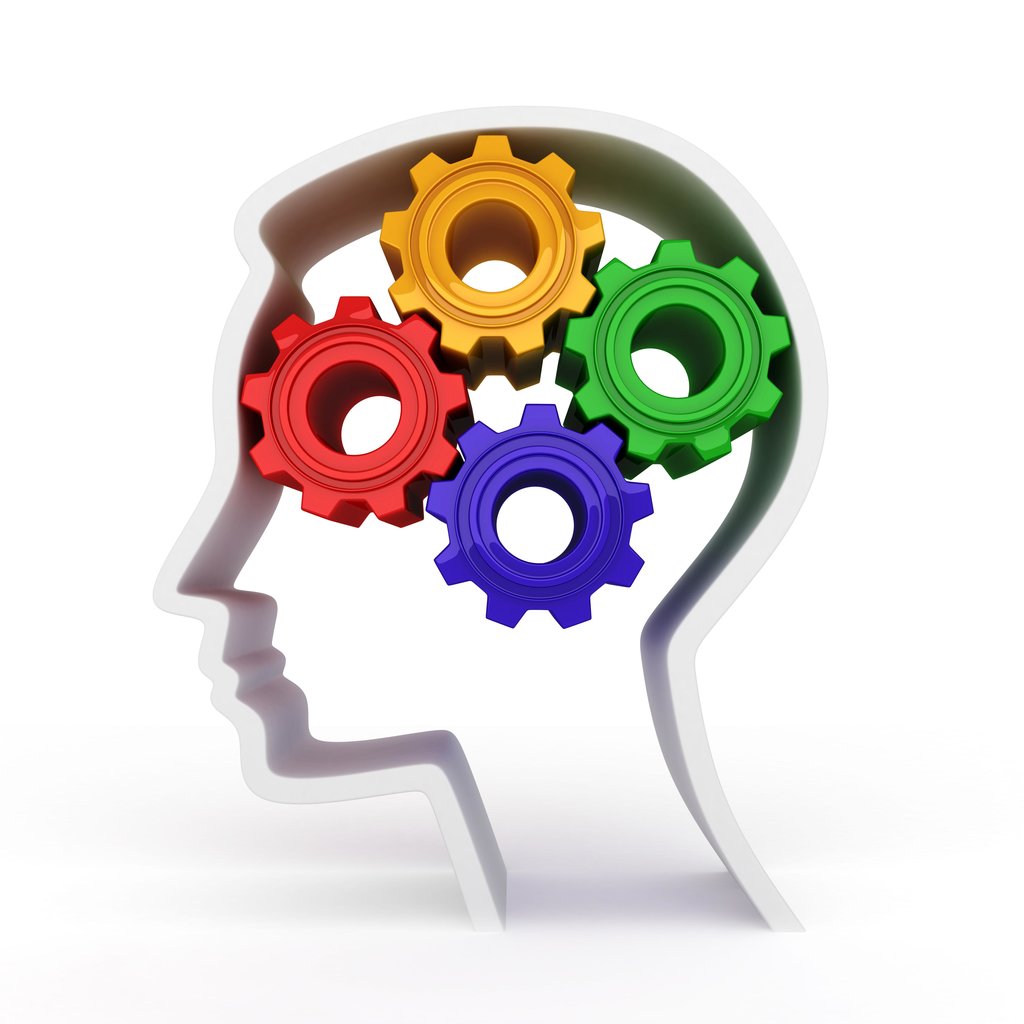A new study challenges the presumption that people born with developmental brain disorders such as severe autism will benefit from medical interventions only if treated during a narrow window in infancy or early childhood. Writing in the journal eLife, an open-access scientific journal, the Rumbaugh lab at Scripps Research in Florida reports improvement in measures of seizure and memory in adult mouse models of a genetic cause of autism, called SYNGAP1 disorder. Children born with only one working copy of the SYNGAP1 gene don’t make enough of the critical SynGAP protein.…
Read MoreCategory: Brain
Brain regions linked to memory and emotion help humans navigate smell
Species like dogs and rodents use their sense of smell to navigate toward desirable items and places and away from those they should avoid. But do humans have the same capabilities? It’s a question University of Pennsylvania neurobiologist Jay Gottfried has been trying to answer, and by mixing pine and banana scents to create a unique “smellscape,” he was able to decipher how the human brain uses such odor information to move through particular two-dimensional environments. “Each of our five senses plays a unique role, but smell seems to be…
Read MoreGender identity leaves imprint on human brains
Society’s expectations about gender roles alter the human brain at the cellular level, according to a paper published by a group of neuroscience researchers at Georgia State University. “We are just starting to understand and study the ways in which gender identity, rather than sex, may cause the brain to differ in males and females,” said Nancy Forger, professor and director of the Neuroscience Institute. Though the terms ‘sex’ and ‘gender’ are often used interchangeably by the average person, for neuroscientists, they mean different things, Forger said. “Sex is based…
Read MoreMarijuana users weigh less, defying the munchies
New evidence from Michigan State University suggests that those who smoke cannabis, or marijuana, weigh less compared to adults who don’t. The findings, published in the International Journal of Epidemiology, are contrary to the belief that marijuana users who have a serious case of the munchies will ultimately gain more weight. “Over a three-year period, all participants showed a weight increase, but interestingly, those who used marijuana had less of an increase compared to those that never used,” said Omayma Alshaarawy, lead author and an assistant professor of family medicine. “Our…
Read MoreMetabolite may play a role in nicotine addiction
A substance that scientists identify to screen people for nicotine use may also play a role in smokers becoming addicted to tobacco. “When you smoke, nicotine is converted into a metabolite called cotinine,” explained South Dakota State University Psychology Professor Brady Phelps. Even those who inhale secondhand smoke can test positive for cotinine. The metabolite is measured in urine, saliva and blood. “Cotinine remains in the body much longer than nicotine,” Phelps said. The half-life—the amount of time it takes for half of the substance to leave a person’s system—is…
Read More




